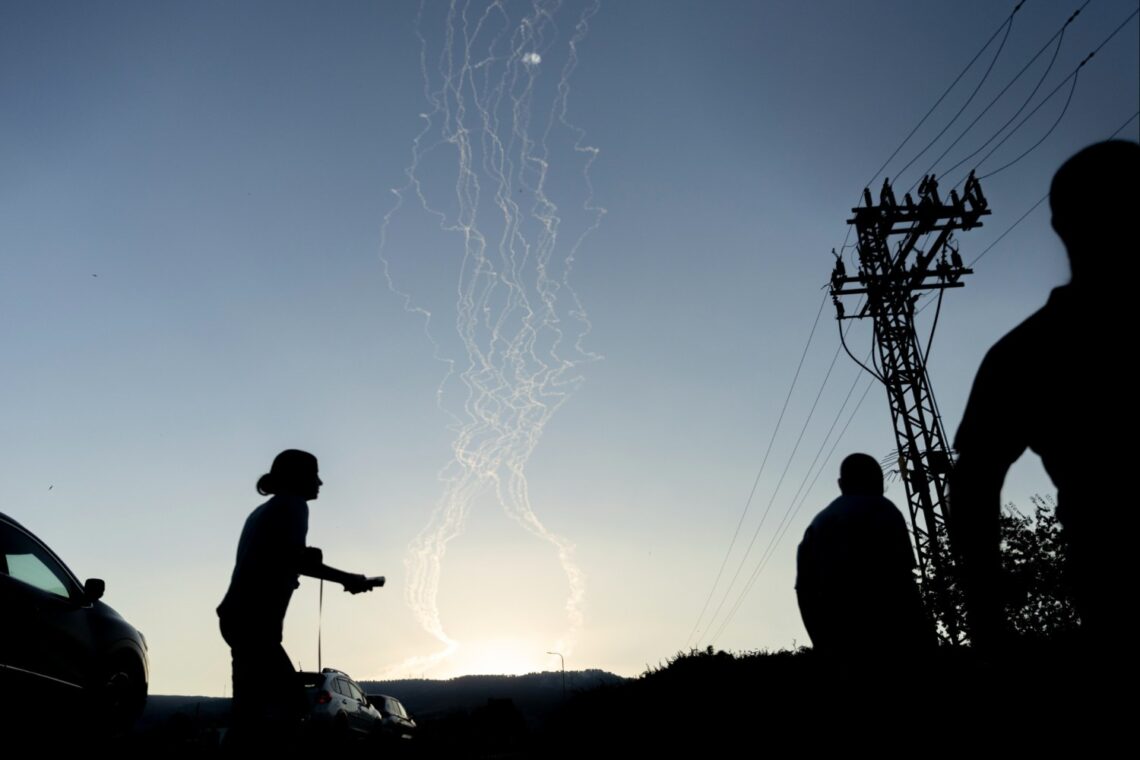BBC faces scrutiny over Israel-Hamas war coverage
A critical analysis of BBC’s reporting
The BBC, one of the world’s most respected broadcasters, is under fire for its coverage of the Israel-Hamas conflict. A comprehensive 60-page report, compiled by the former director of television, highlights significant concerns about the broadcaster’s approach to reporting this sensitive issue.
The report’s origins and contributors
Danny Cohen, who served as the BBC’s director of television from 2013 to 2015, spearheaded the creation of this report. The research was conducted by CAMERA U.K. and CAMERA Arabic, branches of the U.S.-based Committee for Accuracy in Middle East Reporting and Analysis. Cohen, along with Baroness Ruth Deech, a former BBC governor and House of Lords member, co-authored the forward, emphasizing the gravity of the findings.
Allegations of bias and misreporting
The report meticulously documents numerous instances where the BBC allegedly misrepresented facts or showed bias in its coverage of the Israel-Hamas war. Cohen and Deech argue that while honest mistakes can occur in journalism, the errors in question consistently lean towards an anti-Israel narrative. They assert that the BBC often accepts Hamas’s accounts without sufficient scrutiny, while demanding higher proof from Israeli sources.
Key errors highlighted in the report
Among the many errors cataloged, several stand out for their impact and implications:
- Misrepresentation of Reuters report: A BBC news anchor incorrectly stated that the IDF was “targeting” medical teams and Arabic speakers at Shifa hospital in Gaza. The original Reuters report merely noted that IDF forces included medical teams and Arabic speakers.
- Speculation on Al-Ahli hospital blast: Another anchor speculated that Israel was responsible for a blast at Al-Ahli hospital, which was later found to be caused by a Palestinian rocket misfire that hit the hospital’s car park.
- Social media guidelines breach: The BBC did not sanction sports host Gary Lineker after he shared a tweet calling for Israel to be banned from international sporting events, potentially violating the broadcaster’s social media guidelines.
- Terminology and source credibility: The BBC’s refusal to label Hamas as a “terrorist” organization and its tendency to present Hamas statements as verified facts without context has also been criticized.
Broader implications and calls for action
The report’s findings come at a time of growing concern about the BBC’s handling of the Israel-Hamas conflict and its response to antisemitism. Another recent report by a team of lawyers and data scientists found over 1,500 breaches of the BBC’s editorial guidelines in its reporting on Israel, indicating a widespread anti-Israel bias.
In June, more than 100 Jewish creatives signed an open letter accusing the BBC of double standards regarding a contributor’s antisemitism, further fueling the debate.
BBC’s response and future steps
In response to the report, a BBC spokeswoman acknowledged the complexity and polarizing nature of the Israel-Gaza conflict. She stated that the BBC strives to report the conflict impartially, providing audiences with breaking news, insight, and analysis from all perspectives. While the BBC does not agree with the overall characterization of its journalism in the report, it remains open to reviewing any concerns raised.
Conclusion
The report calls for an independent inquiry into the BBC’s reporting of the Israel-Hamas war, highlighting the need for greater scrutiny and accountability in media coverage of such sensitive issues. As the debate continues, it is crucial for media organizations to maintain high standards of accuracy and impartiality to uphold public trust.
Did you enjoy this article? Share it on your social channels and let us know your thoughts!
Don’t miss out on the latest updates! Follow us on social media to stay informed about the newest releases.

 Italian
Italian







